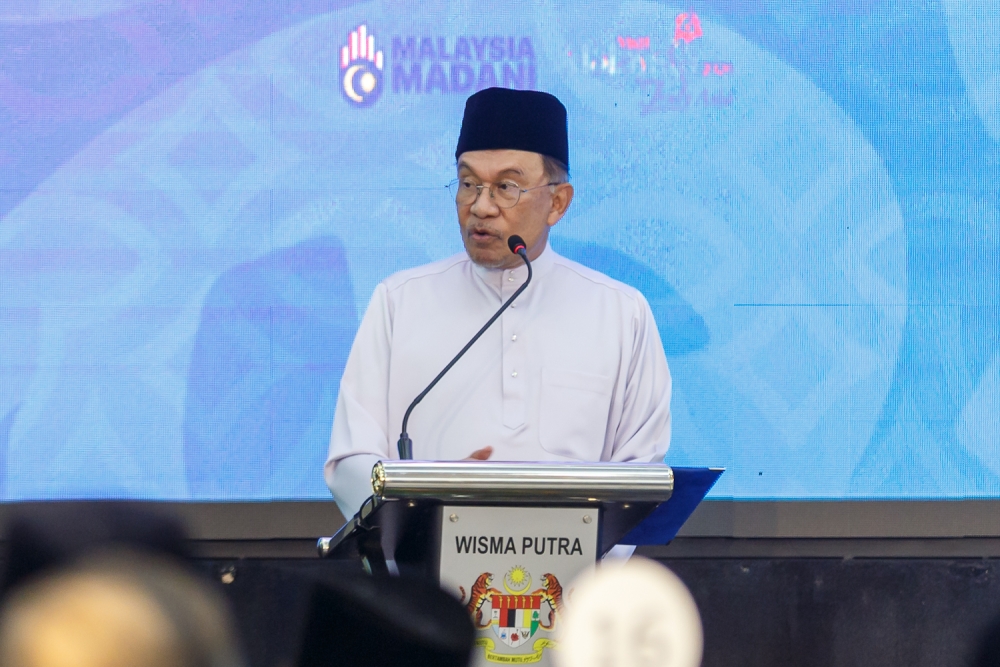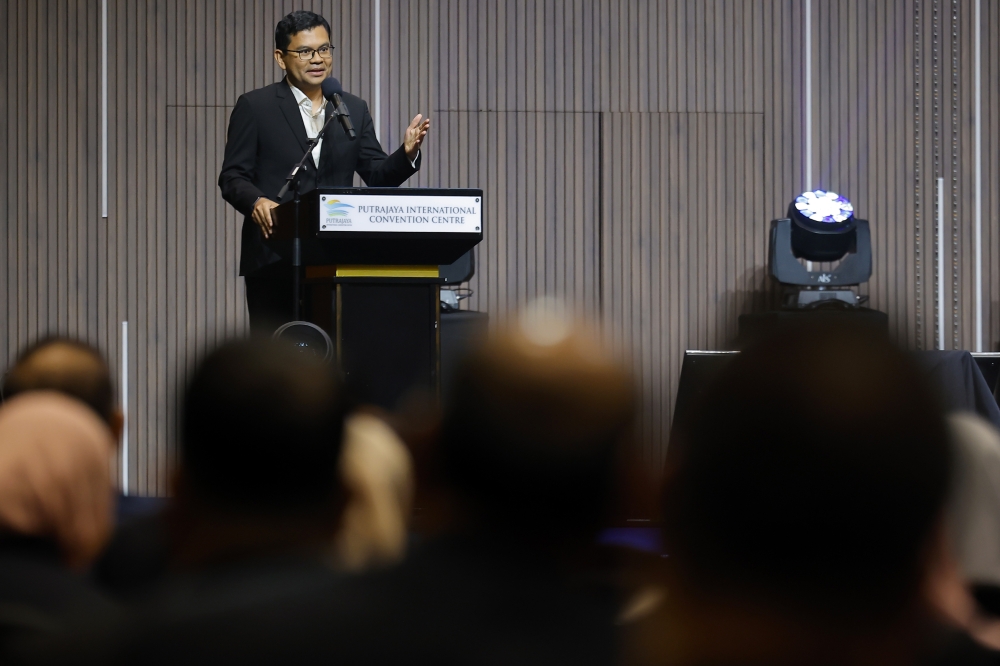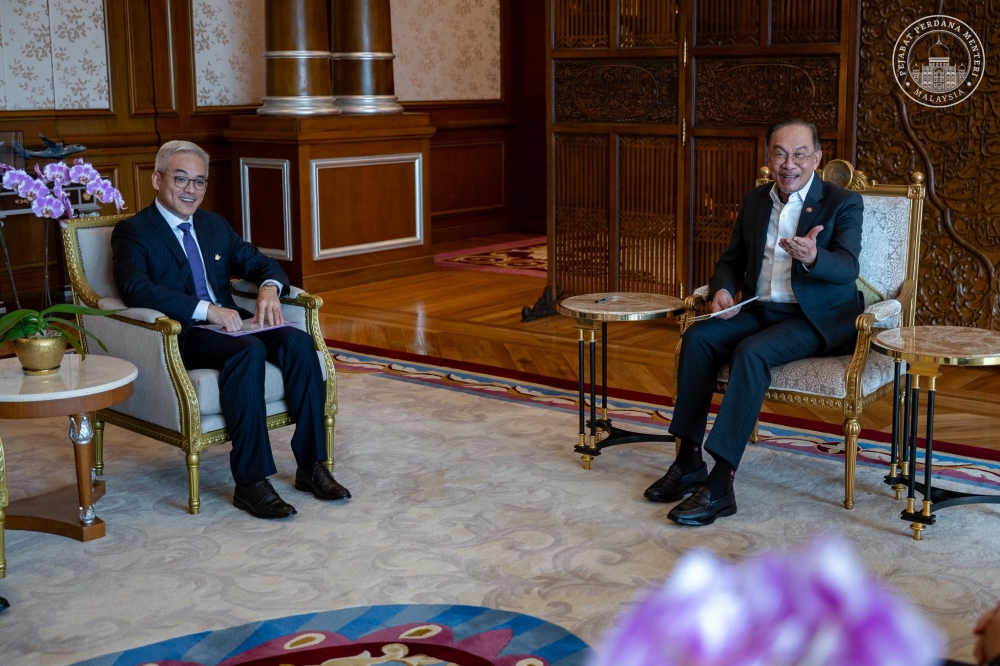PUTRAJAYA, April 26 — Finance Minister Datuk Seri Tengku Zafrul Abdul Aziz today justified the recent decision by Putrajaya to utilise the National Trust Fund (KWAN) for the procurement of Covid-19 vaccines and other related expenditure.
Speaking to a special media briefing, Tengku Zafrul responded to mounting criticism over the government’s move and hit back at critics as to why they were tapping into reserve funds meant for the benefit of future generations.
“If this generation does not tap into KWAN and the next generation does the same, so for which generation are we talking about?
“We are not using the (funds) capital but money generated from it. So it is fully justified,” he said at the Finance Ministry here.
He singled out 1Malaysia Development Berhad’s (1MDB) outstanding RM40 billion debt as an example of legacy debt obligations the government has to honour, stating that it was enough to pay for vaccines eight times over.
“So what is the most reasonable choice taken by the government who inherited obligations to repay liabilities like 1MDB, SRC International which are estimated to exceed RM20 billion annually over the next five years?
“The same commitment could have been used to fund the people’s needs at this moment, like Bantuan Prihatin Rakyat, wage subsidies, special grants and especially, vaccine procurement,” he said, pointing out the fiscal limitations of the present government to limit borrowings.
He also cited how KWAN has been previously utilised RM42 million for the preservation of the Paya Indah Wetland in Putrajaya in response to arguments that the government never resorted to tapping into KWAN savings even during the 1998 or 2008 financial crises.
“It must be understood this is a dual crisis we are facing, both economy and health, and the country’s deficit will increase if we do not use KWAN’s money,” he said.
In Budget 2021, RM3 billion was set aside to vaccinate 80 per cent of Malaysians under the National Covid-19 Immunisation Programme.
In March 2021, a further RM2 billion was subsequently allocated to the programme to expedite the inoculation process to achieve national herd immunity.
To a question on the need to increase the allocation from the initial RM3 billion announced, Tengku Zafrul said the government only made an estimated allocation and did not know the exact cost at the time.
“The financial implications on the projected increase is due to the government’s aim at expediting the completion of the Vaccine Administration Programme in early December 2021 instead of First Quarter 2022.
“This is also due to purchasing of reserve vaccine and booster stocks from various suppliers, taking into account irregular shipments and third-party outsourcing,” he said, adding that the forecasted nation’s fiscal deficit might increase to 6.2 per cent of gross domestic product (GDP).
On April 14, the government approved amendments to the National Trust Fund (KWAN) Act 1988 (Act 339) to allow money from the fund to procure vaccines and any expenditure incurred in relation to the vaccines.
According to the latest ordinance, a new subsection to Section 6 of the National Trust Fund Act was added where subsections (a) and (b) state that the funds may be used either for a development fund or the granting of loans or advances on concessionary terms to the federal government or the government of any state.
The new subsection (c) states that the fund can be used for the “procurement of vaccines and any expenditure incurred in relation to the vaccines for an epidemic of any infectious disease as specified under the Prevention and Control of Infectious Diseases Act 1988”.
Evoking the Emergency (National Trust Fund) (Amendment) Ordinance 2021 to make the amendment, the move has been met with strong opposition as critics raised concerns about the plan’s impact on future savings.
On the aforementioned amendments, Tengku Zafrul explained the newly amended provisions would mean that instead of building hospitals, the government would use them to procure medicine or vaccines in the current circumstances.
“Therefore, the fund’s use is only limited to procuring vaccines and no other purposes except those stipulated under the law,” he stressed.
KWAN was set up in 1988 to raise government savings and provide alternative financing for development expenditures.
The fund had assets worth RM19.5 billion as of end-December 2020, RM10.4 billion from national oil company, Petronas and RM9.1 billion from investment returns.
To another question, Tengku Zafrul also gave his assurance of the government’s commitment to replenish KWAN’s funds despite having only Petronas as its sole contributor.
“The plan is to replenish. If you look at KWAN, Petronas is the only contributor but by right it shouldn’t be the only contributor.
“If the other groups (those who benefited from natural resources) that are supposed to contribute do so, we will get there faster,” he said.


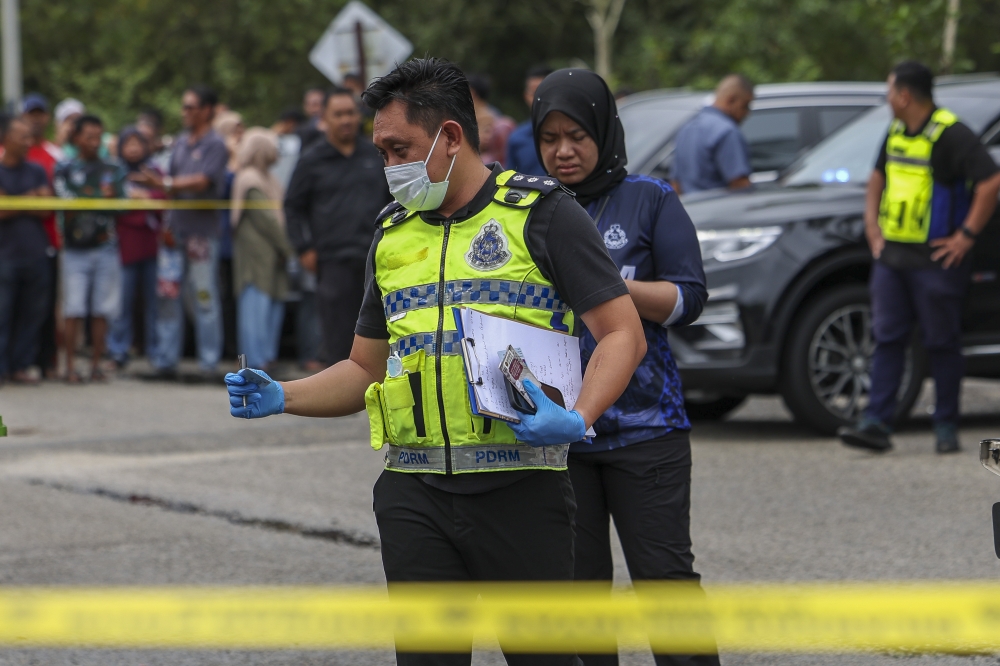
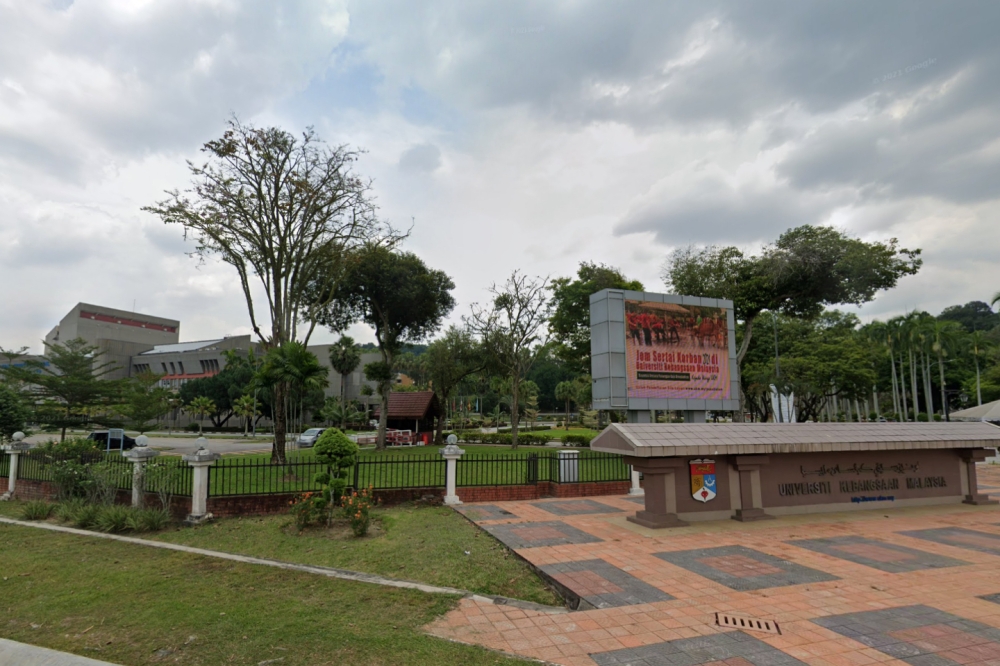


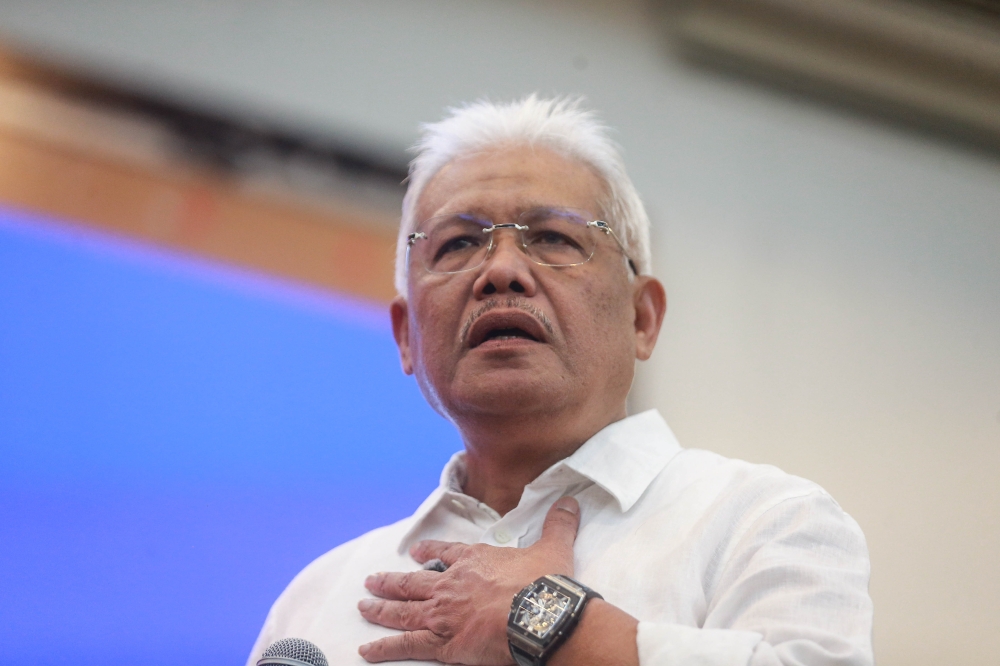

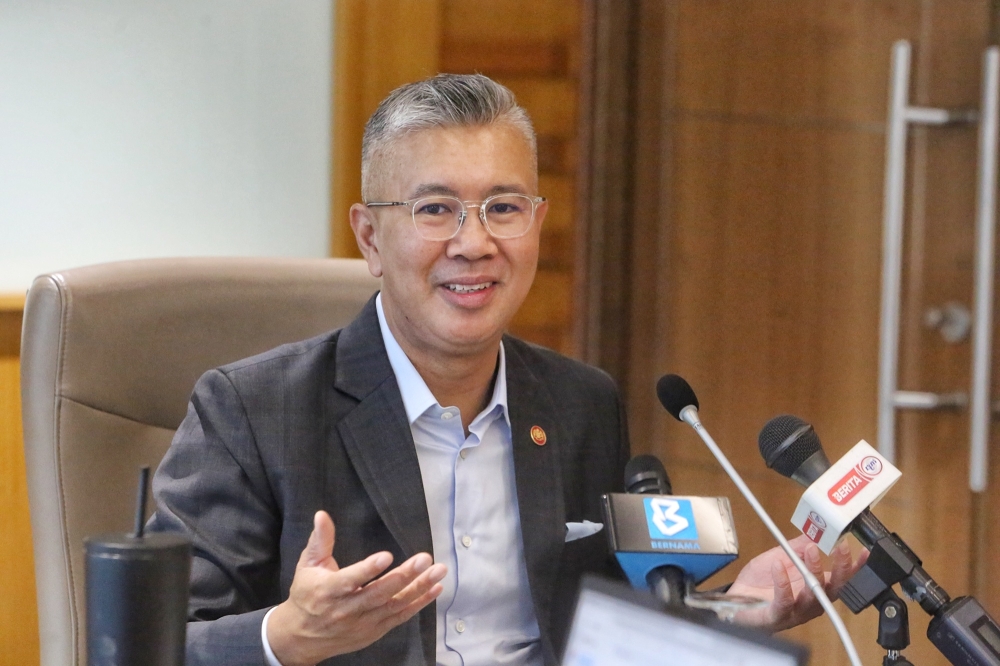
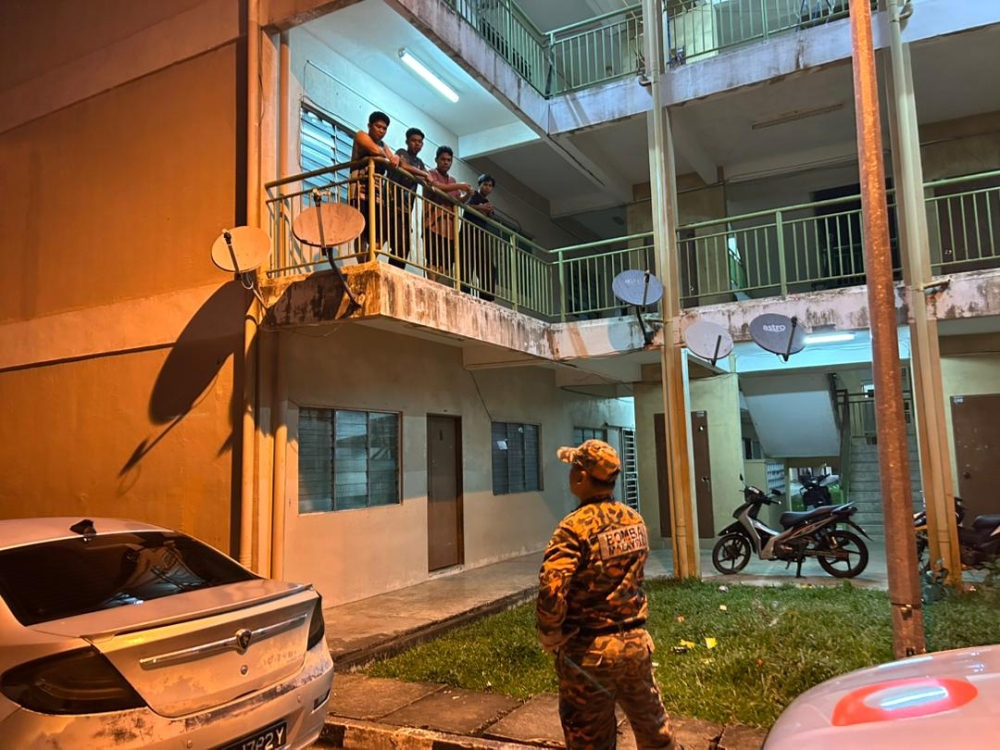
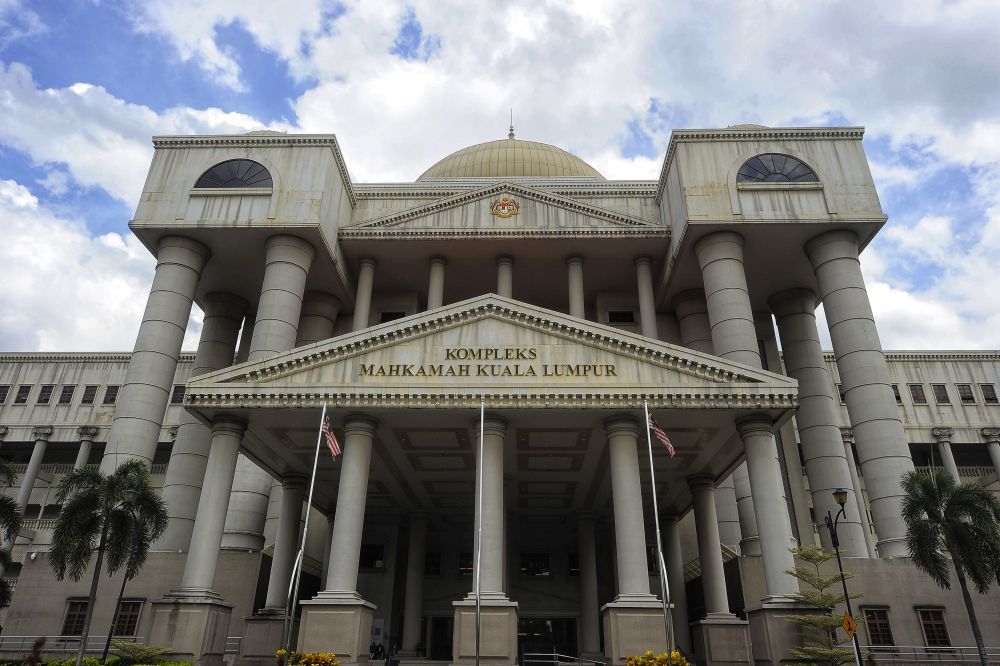
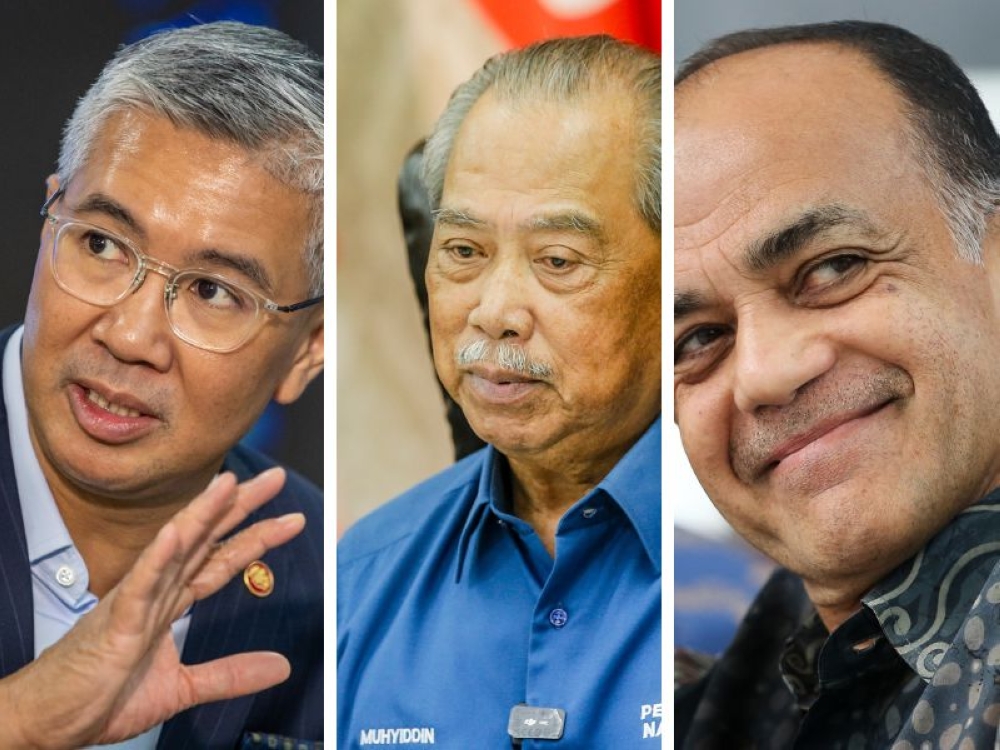
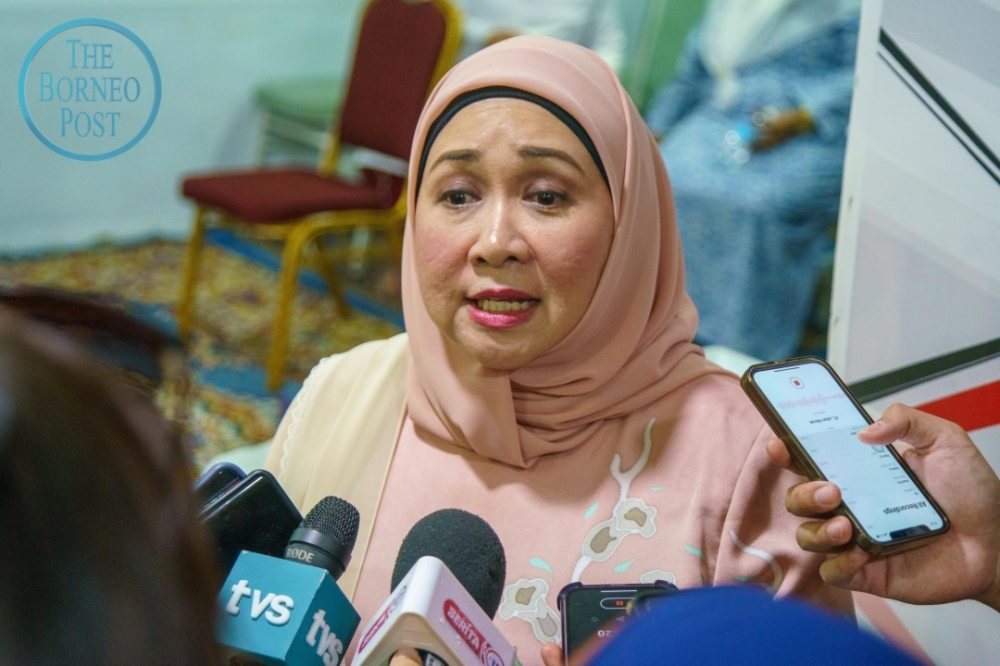
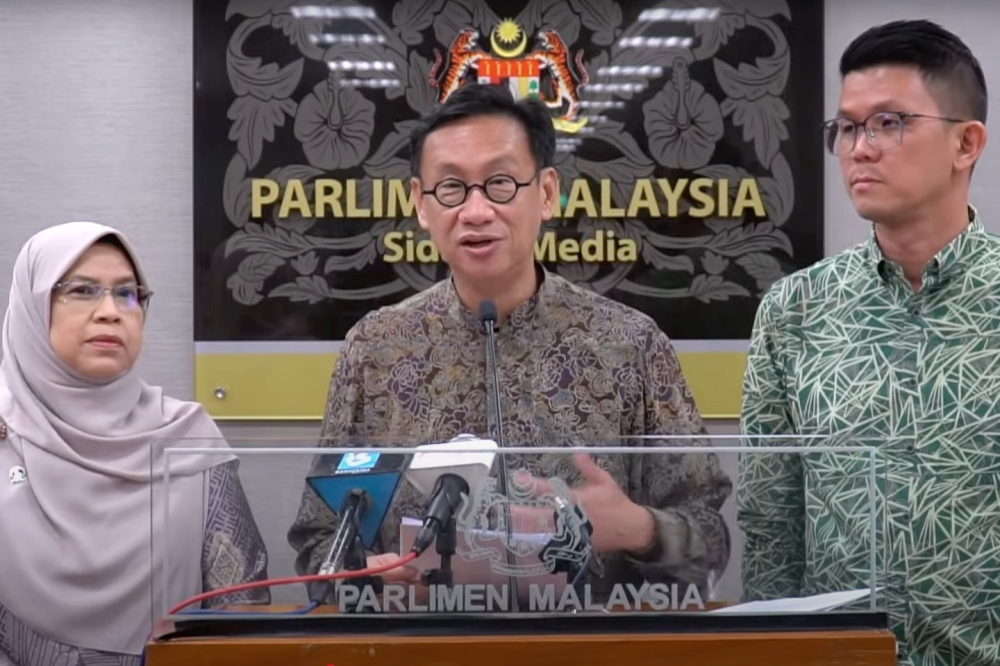
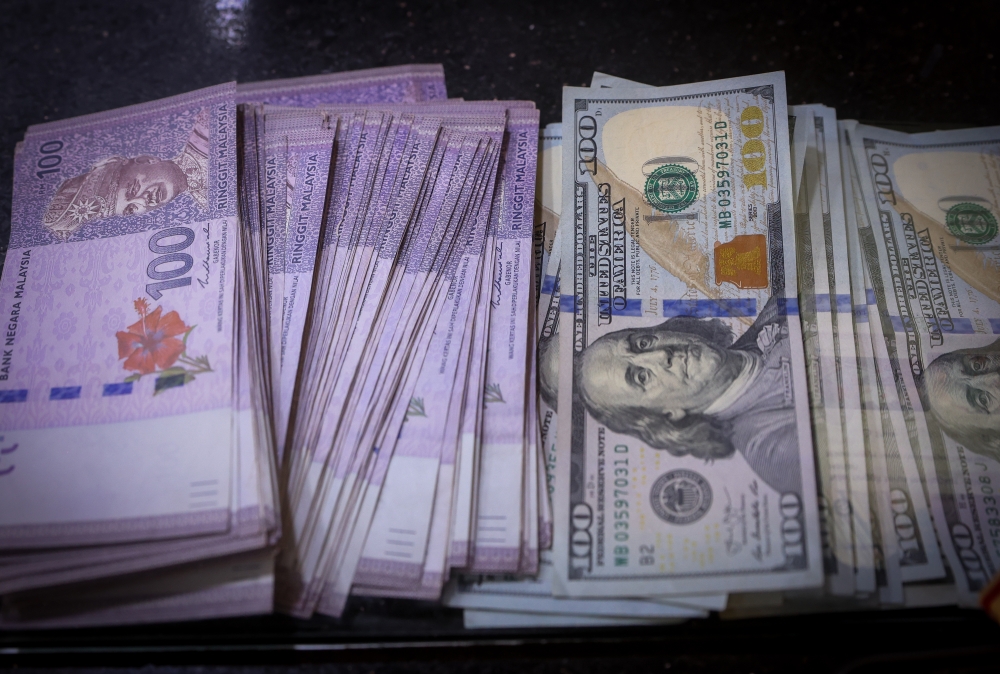

.jpg)
